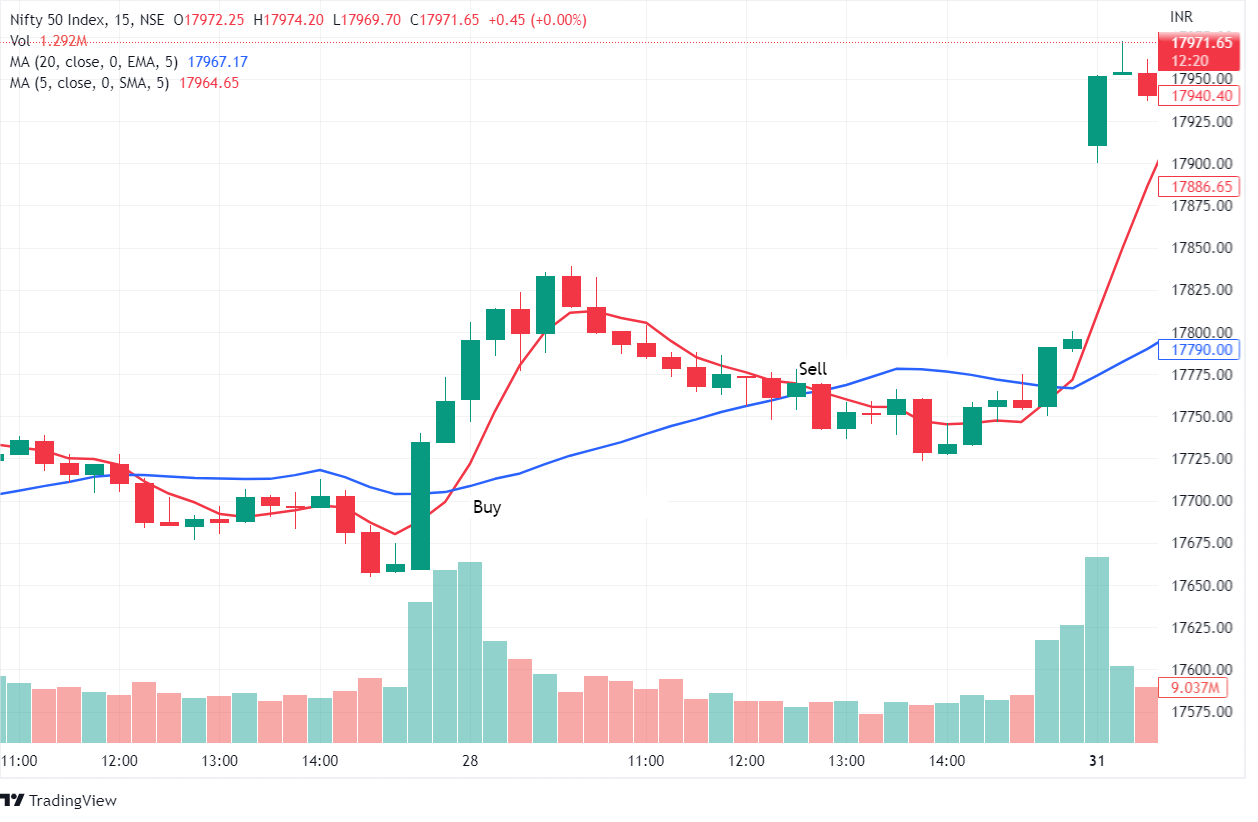The perk of having a dry van trailer in your fleet is that many new possibilities for being in control of shipments suddenly open up! Those looking for versatility in their shipment capabilities often settle on dry van trailers. In fact, most goods and freight shipped to homes and businesses are transported in these “box” trailers. Take a look at the reasons why dry van trailers are appropriate and preferred for transporting goods.

What Is a Dry Van Trailer?
A dry van trailer is a fully enclosed freight trailer that offers protection from the elements during transport. According to the experts at Hale Trailer, “These trailers are enclosed and protected from the elements, making them the perfect option for transporting valuable or sensitive cargo.” Depending on its length, a dry van trailer can haul up to 45,000 pounds of freight. The two big advantages of dry van trailers are protection and affordability.
Dry van trailers are enclosed on all sides to keep freight protected against rain, wind and extreme heat. In addition, the solid construction of this type of trailer offers protection against theft. The fact that dry van trailers don’t require any type of special operation helps to make this a very easy and affordable option for transporting goods.
What Are Dry Van Trailers Used For?
Generally, dry van trailers are ideal for carrying box freight, loose freight or pallets of goods. They are commonly used to transport clothing, furniture, electronics, household goods and nonperishable food items. While these trailers are highly dependable and versatile, they do come with some usage limitations. Unlike reefer trailers, dry van trailers do not provide temperature-controlled transport. They also aren’t equipped to carry oversized shipments the way flatbed trailers can.
Is Buying or Renting a Dry Van Trailer Better?
The general affordability of dry van trailers makes the question of buying versus renting interesting. Ultimately, the low cost of entry for owning this type of trailer makes buying a good option for any person or enterprise handling regular shipping loads. Having this type of trailer in a fleet also ensures that it will be available when it’s needed to make a haul. When searching for dry van trailers for sale, freight capacity is the most important feature to consider. Dry vans are typically available as 28-foot trailers and 53-foot trailers. Depending on size, these trailers can accommodate between 14 and 26 standard pallets. It will be important to make sure any trailer you’re considering is compatible with the truck it will be used with before making your purchase.
Final Thoughts on Adding a Dry Van Trailer to Your Fleet
The size and protection offered by a dry van trailer make this an option to consider if you routinely haul loose freight or pallets. While they get the job done, dry van trailers lack the bells and whistles that make some other types of specialty trailers difficult to maintain and operate. That means you’re getting pure space without much fuss! Start exploring different sizes and configurations of dry van trailers if you’d like to have better control over how your freight gets around.




